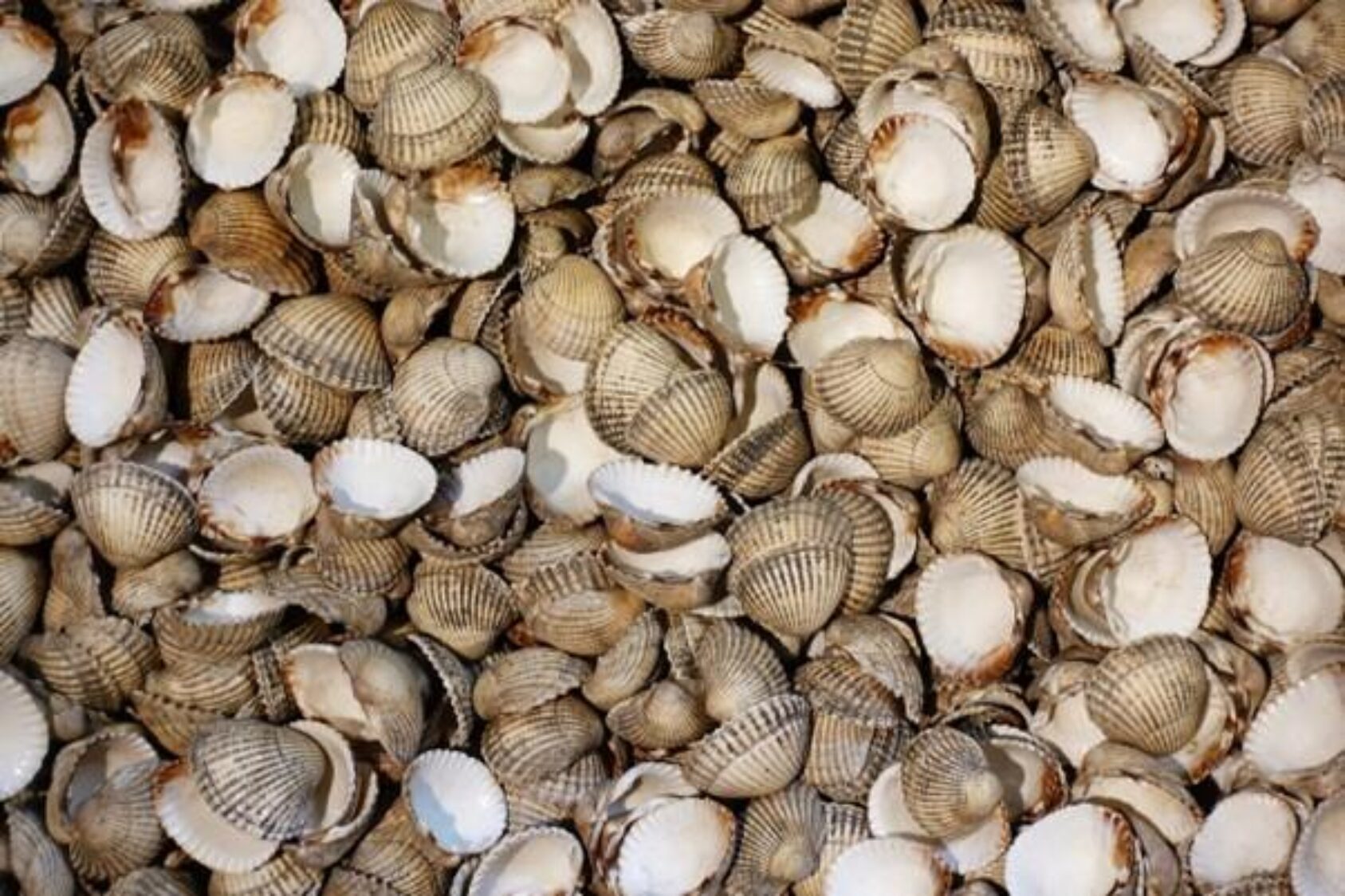Professor Karl Williams from University of Central Lancashire (UCLan) has worked with Blackpool arts company LeftCoast to develop a sustainable, pervious concrete using whelks and scallop shells.
The university has now joined forces with LeftCoast to test the concrete at Bostonway Community Garden, in Blackpool, as an eco-friendly alternative to traditional concrete.
UCLan’s mechanical and hydrological tests have proven that the pervious seashell concrete meets UK standards on strength and permeability, while a life cycle assessment reports it has a lower carbon footprint compared to conventional concrete and asphalt.
By recycling and reusing waste seashells – which have been sourced from nearby Fleetwood – the research is also set to help to reduce the 8,800 tonnes of waste cockles, scallop, and whelk shells, which go to landfill each year from the across the North West and Wales.
The pioneering material has been developed as part of the three year CIRCLE Project , a European Regional Development Interreg funded scheme. The concrete – created in partnership with Builders for Society École D’ingénieurs in Caen, France – is designed to be be used in urban settings such as footways and cycle paths, and is already integrated into the Velo 3 cycle route in the Somme region of France
Professor Karl Williams, said: “The idea behind the development of this product was to use local waste materials from the shellfish industry to make a pervious concrete for the built environment in flood-prone areas. It engages local communities, businesses, and government in finding local solutions to the challenges caused by climate change and the over-exploitation of the planet’s resources.”
Tina Redford, LeftCoast’s Artistic Director, said: “I’m proud that LeftCoast is able to support this innovative research, and offer the first UK test site for UCLan’s seashell concrete. When we designed our garden with Bostonway residents and Myerscough College, our mission was clear: to co-create a green space that was accessible for the elderly residents living in the area. The pervious concrete absolutely enables this.”
Dr Arif Rajpura, Blackpool Council’s Director of Public Health, said: “We’re thrilled to be able to use this new technology to improve the wellbeing of Blackpool residents by providing them with an accessible community garden space. It’s important that community assets are executed to the same standard as commercial builds, and I hope this trailblazing, seashell concrete inspires others to think of greener solutions when developing new spaces.”
For more information visit www.uclan.ac.uk/articles/research/blackpool-seashell-concrete
ENDS




